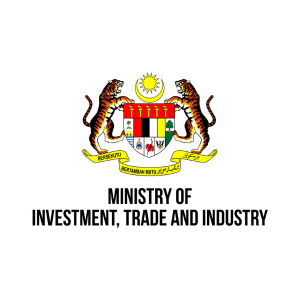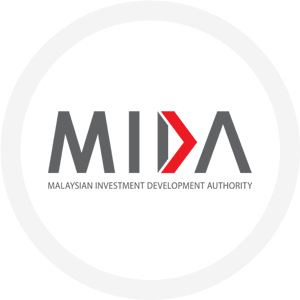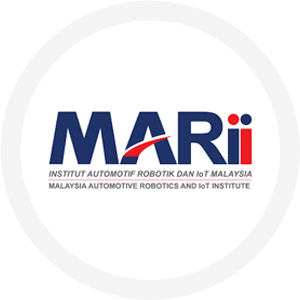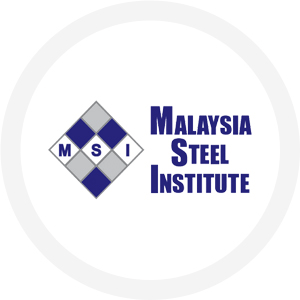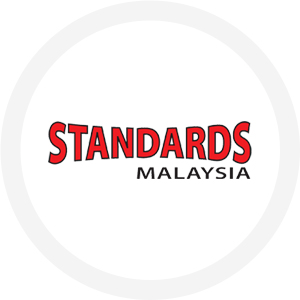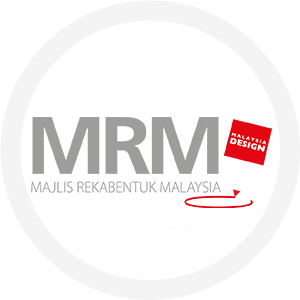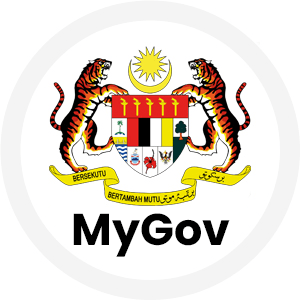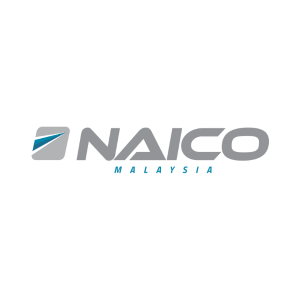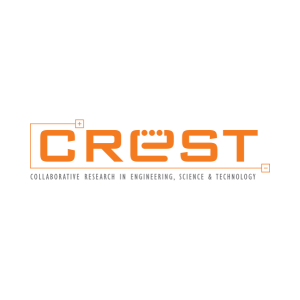Malaysia's Focus On Enhancing Agro-Food Productivity Through Energy And Water Efficiency
Kuala Lumpur, Malaysia – 8 July 2025, The Malaysian government is ramping up efforts to enhance productivity within the agro-food sector, addressing critical areas such as energy and water efficiency. This initiative aims to position Malaysia as a competitive global player in the agro-food industry while ensuring sustainability and aligning with national goals for increased energy efficiency.
The agro-food sector, encompassing ruminant farming, aquaculture, poultry, and crops, plays a vital role in Malaysia's economic growth. However, as global challenges such as climate change and resource scarcity intensify, the need for sustainable practices has never been more urgent.
Malaysia’s agricultural productivity is currently ranked 26th globally, and there’s a clear opportunity for improvement by focusing on key areas such as reducing energy intensity and increasing water use efficiency. With energy intensity ranked 60th globally, Malaysia's agro-food industry uses more energy per unit of GDP than many other countries. By investing in renewable energy sources and optimising energy consumption in feed production, irrigation, and cooling systems, Malaysia can drive significant improvements in efficiency and environmental sustainability.
One of the most promising solutions is the adoption of advanced technologies. Incorporating AI, IoT, and data-driven tools will enable better resource management and reduce wastage in water and energy consumption, especially in high-demand sectors like aquaculture and ruminant farming. These technologies can help farmers track water levels, automate irrigation processes, and optimise energy usage, leading to cost savings and reduced environmental impact.
Increased energy and water efficiency not only improves productivity but also contributes to Malaysia’s commitment to the United Nations’ Sustainable Development Goals (SDGs), particularly SDG 12: Responsible Consumption and Production.
In addition to improving energy and water use, reducing food waste is another critical focus. Malaysia ranks 67th globally for food waste per capita, a significant issue in both the agro-food sector and the broader economy. By minimising food waste through better logistics, smarter packaging, and consumer education, Malaysia can enhance productivity across the entire food supply chain.
“Malaysia has a strong foundation in agro-food production, but to ensure that we remain competitive on the global stage, we must shift toward more sustainable and efficient practices. This includes optimising the use of resources like water and energy in every phase of food production, from farm to table,” said Datuk Zahid Ismail, Director General of Malaysia Productivity Corporation (MPC).
“By focusing on these efficiencies, we can not only improve our agro-food sector’s productivity but also contribute to Malaysia's broader sustainability goals,” he added.
The adoption of energy-efficient farming methods, sustainable irrigation practices, and technologies that minimise waste will ensure that Malaysia's agro-food industry remains resilient, environmentally responsible, and competitive in the global market.
To achieve these ambitious goals, collaboration among government agencies, private sector players, and local farmers is essential. The Malaysia Productivity Corporation (MPC) will continue to engage with key stakeholders across the agro-food value chain to implement and drive these initiatives forward.
End of Release.
For media inquiry:
Media Management Unit
media@mpc.gov.my







